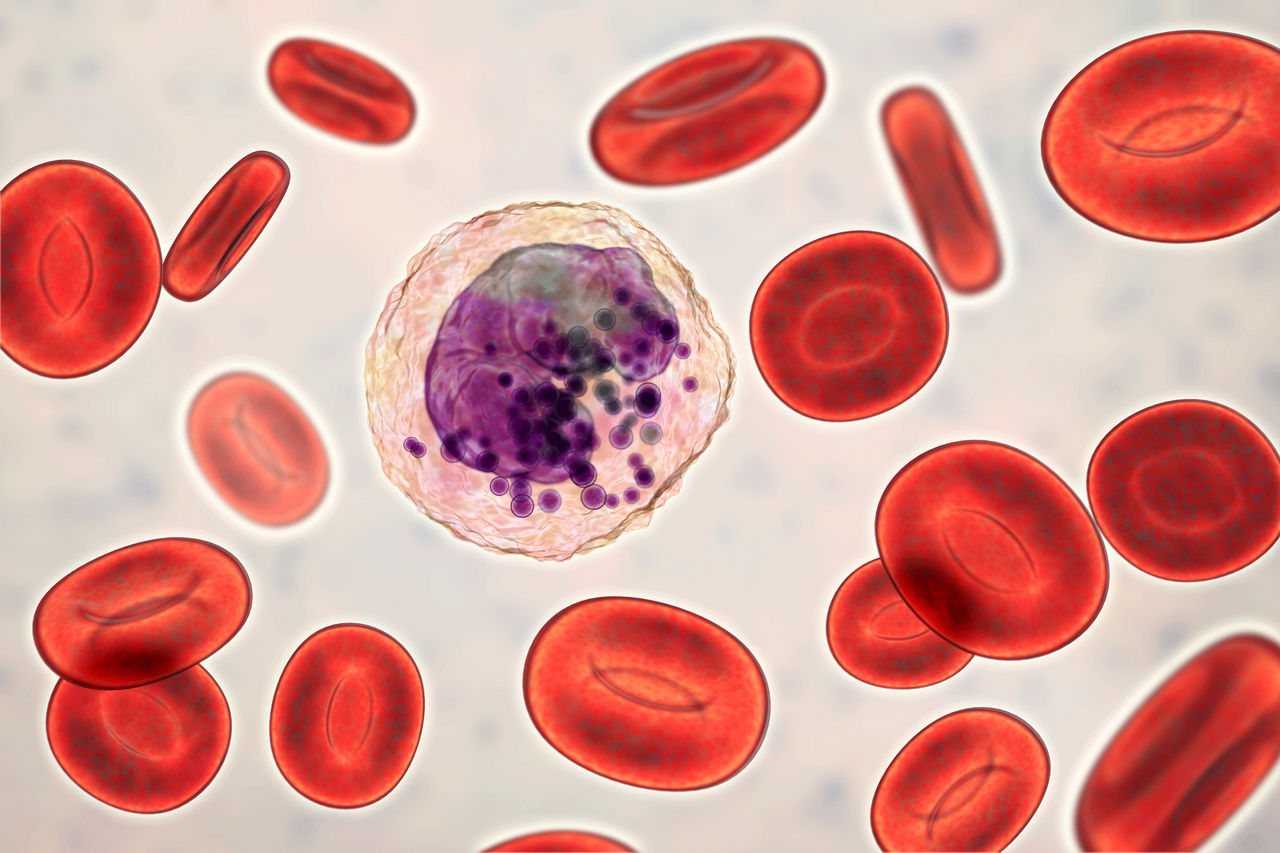What Is Lymphoma?

Lymphoma is a term for many types of blood cancers. Rates of lymphoma are dropping, and survival is improving. Here's what you should know about lymphoma.
Lymphoma is a collective term for more than 60 different types of blood cancers. These cancers grow in your lymphatic system — a network of organs and tissues that produce and store infection-fighting white blood cells called lymphocytes.
In lymphoma, lymphocytes divide too quickly or don't die when they should. The abnormal cells collect in lymph nodes around your body. They crowd out healthy white blood cells, making it harder for your immune system to fight infections.
About half of all blood cancers are lymphomas. They are also among the most treatable cancers, although some types grow faster and are more resistant to treatment than others.
YOU MIGHT ALSO LIKE: Cancer Screening Guidelines
Types of lymphoma
Doctors divide lymphoma into two main types based on how the cancer cells look under a microscope:
- Hodgkin lymphoma contains large abnormal lymphocytes called Reed-Sternberg cells.
- Non-Hodgkin lymphoma is the more common of the two types. This group includes any lymphomas that aren't classified as Hodgkin lymphoma. Some non-Hodgkin lymphomas grow slowly. Others grow quickly.
Doctors further divide non-Hodgkin lymphomas into two groups based on the type of immune cell they affect:
- B-cell lymphoma grows in B cells, white blood cells that produce antibodies to protect against infection.
- T-cell lymphoma grows in T cells, which fight bacteria, viruses, and other germs.
Who gets lymphoma?
Non-Hodgkin lymphoma is one of the most common cancers in children, teens, and young adults, but most people are diagnosed after age 65. The risk of Hodgkin lymphoma is highest in young adults and in those over age 55.
Researchers don't know what causes most lymphomas, but certain factors increase the risk, including:
- A family history of lymphoma
- Autoimmune diseases or the medicines used to treat blood cancers
- Male gender
One positive trend is that the number of people who are being diagnosed with both types of lymphoma is down. The incidence of non-Hodgkin lymphoma has declined by about 1 percent each year since 2015, according to the American Cancer Society. Hodgkin lymphoma rates have dropped by 1 percent annually since the mid-2000s.
Symptoms of lymphoma
As abnormal lymphocytes multiply in lymph nodes, the nodes swell. You may feel a lump in places where you have lymph nodes, like your neck, armpits, and groin. Most of the time swollen lymph nodes aren't cancer. They're more often a sign of an infection, in which case they should go down in a few days.
Some people with non-Hodgkin and Hodgkin lymphoma have what doctors call "B symptoms." They include:
- Drenching night sweats
- Fever that comes and goes, sometimes over a period of weeks
- Weight loss of 10 percent or more of body weight without trying
Other possible symptoms include:
- Appetite loss
- Belly pain
- Bloating or a feeling of fullness
- Chest pain or pressure
- Coughing
- Easy bruising or bleeding
- Fatigue
- Itchy skin
- Shortness of breath
If you have any of those symptoms and they don't go away, see your doctor.
How is lymphoma diagnosed?
Your doctor will take a medical history and ask about your symptoms. Then he or she will perform an exam that includes checking your lymph nodes. You may need blood tests to rule out an infection or other possible causes of lymph node swelling.
Depending on the results of your exam and blood tests, your doctor may refer you to a hematologist, a doctor who specializes in blood diseases, or a cancer specialist called an oncologist. The specialist might do a biopsy, removing a small piece of tissue from your lymph node to test for cancer.
Lymphoma prognosis
Most people with symptoms like swollen lymph nodes won't have lymphoma. For those who do, survival rates are improving. Nearly 9 of 10 people diagnosed with Hodgkin lymphoma, and 7 of 10 with non-Hodgkin lymphoma, are still alive five years later.
Seeing a doctor if you have symptoms and following treatment advice will ensure that you have best possible outcome if you do get a lymphoma diagnosis.
Updated:
November 15, 2023
Reviewed By:
Janet O'Dell, RN